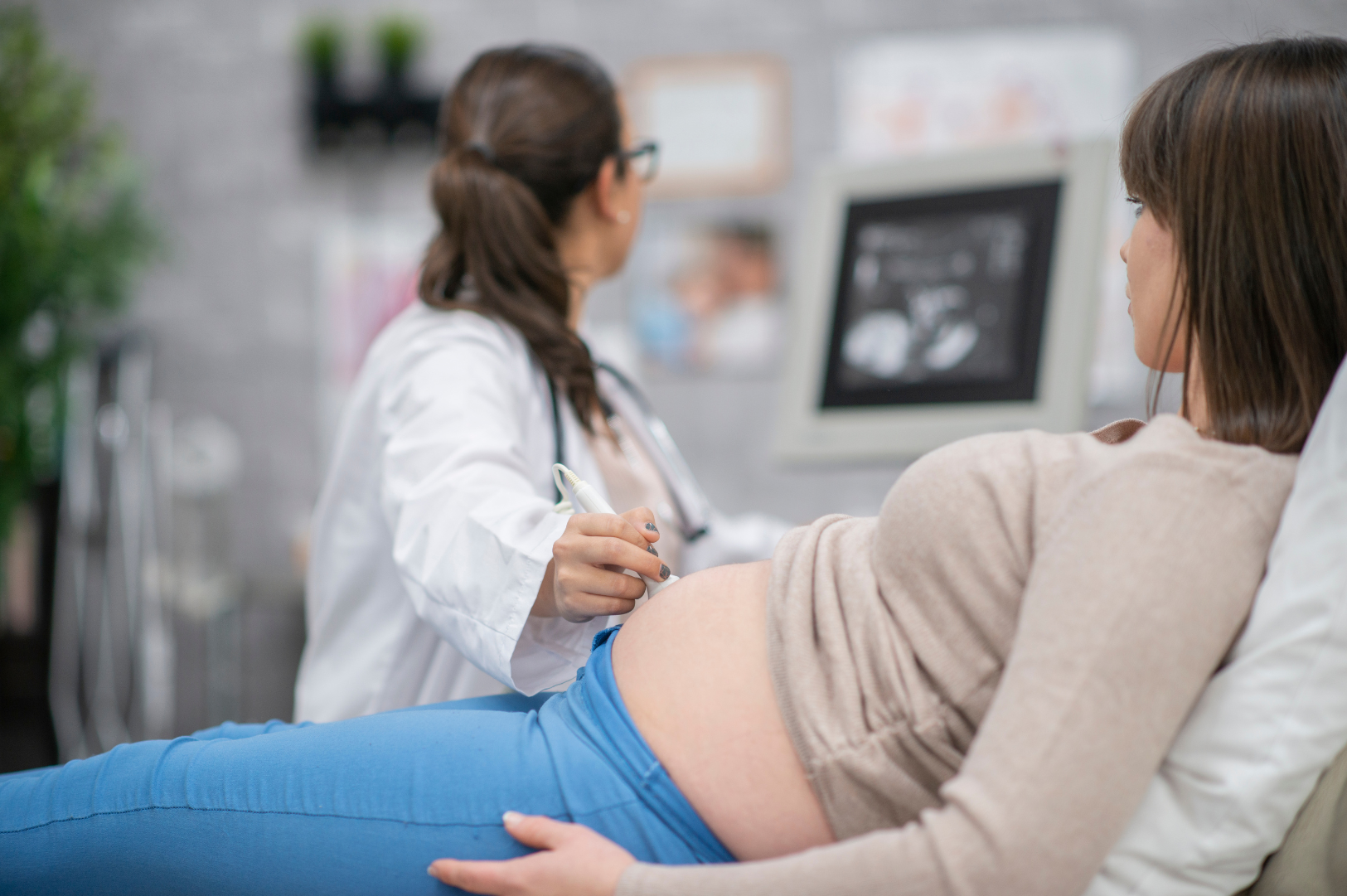
An ectopic pregnancy, a life-threatening medical emergency, occurs when a fertilized egg implants outside the uterus, typically in the fallopian tube, ovary, or abdominal cavity. Affecting approximately 1 in 50 pregnancies, ectopic pregnancies are a leading cause of maternal mortality and morbidity during the first trimester. Characterized by severe abdominal pain, vaginal bleeding, and pelvic tenderness, ectopic pregnancies require prompt diagnosis and treatment to prevent rupture, bleeding, and long-term reproductive damage. With advancements in diagnostic imaging and emergency care, early detection and intervention can significantly improve outcomes for women experiencing ectopic pregnancies, emphasizing the importance of timely medical attention and awareness of this potentially life-threatening condition.
To learn more about ectopic Pregnancy, its types, causes, symptoms, diagnosis, treatment, and complications, read this informative blog.
An ectopic pregnancy is a rare and potentially life-threatening medical condition where a fertilized egg implants outside the uterus, typically in the fallopian tube (96%), but also possibly in the ovary, cervix, or abdominal cavity. This abnormal implantation prevents the embryo from developing properly and receiving essential nutrients and oxygen, ultimately leading to its non-viability. Ectopic pregnancies are also known as tubal pregnancies, extrauterine pregnancies, or molar pregnancies. The embryo's improper implantation can cause the surrounding tissue to stretch and eventually rupture, leading to severe bleeding, organ damage, and potentially fatal complications for the mother.
There are several types of ectopic pregnancies, classified based on the location of the implantation:
- Ampullary (widest part of the tube)
- Isthmic (narrower section)
- Infundibular (funnel-shaped end)
Ectopic Pregnancy is a complex condition with multiple contributing factors. Here are the main causes and associated risk factors:
- Estrogen and progesterone disruptions
- Thyroid disorders
- Chromosomal abnormalities
- Abnormal cell division
Assisted reproductive technology (ART):
- In vitro fertilization (IVF)
- Intrauterine insemination (IUI)
Smoking:
- Increases risk of ectopic Pregnancy
- Damages fallopian tubes
Multiple pregnancies:
- Increased risk with multiple gestations
Previous surgery:
- C-section
- Tubal ligation
- Other pelvic surgeries
Family history:
- Genetic predisposition
Medical conditions:
- Polycystic ovary syndrome (PCOS)
- Diabetes
- Hypertension
Ectopic pregnancy symptoms can vary, but typically include:
Diagnosing ectopic Pregnancy involves a combination of the following:
Progesterone level test:
- Low levels indicate an ectopic pregnancy
Complete Blood Count (CBC):
- Hemoglobin and hematocrit for potential bleeding
Abdominal ultrasound:
- Useful for identifying abdominal ectopic pregnancies
Doppler ultrasound:
- Evaluate blood flow to suspected ectopic Pregnancy
Here's an elaborate overview of treatment options for ectopic Pregnancy:
Follow-up:
- β-hCG levels
- Ultrasound
Laparoscopic Salpingectomy:
- Removal of affected fallopian tube
- Reduced risk of recurrence
Open Salpingostomy/Salpingectomy:
- Traditional open surgery
- Reserved for emergency cases
Aspiration:
- Removing ectopic Pregnancy through the needle
Complications of ectopic Pregnancy can be severe and potentially life-threatening:
Rupture of ectopic Pregnancy
Blood loss
Here's a concise list to prevent ectopic Pregnancy:
Ectopic Pregnancy is a life-threatening medical condition that requires prompt attention and treatment. Affecting approximately 1 in 50 pregnancies, ectopic pregnancies claim thousands of lives annually, emphasizing the importance of awareness, education, and early detection. While advancements in diagnostic imaging and emergency care have improved outcomes, the risk factors, symptoms, and complications associated with ectopic Pregnancy demand vigilant monitoring and timely intervention. Healthcare providers must prioritize patient education, provide emotional support, and employ evidence-based treatment options to minimize morbidity and mortality. A multidisciplinary approach combining medical expertise, patient advocacy, and community awareness can significantly reduce the impact of ectopic Pregnancy and ensure better health outcomes for women worldwide.